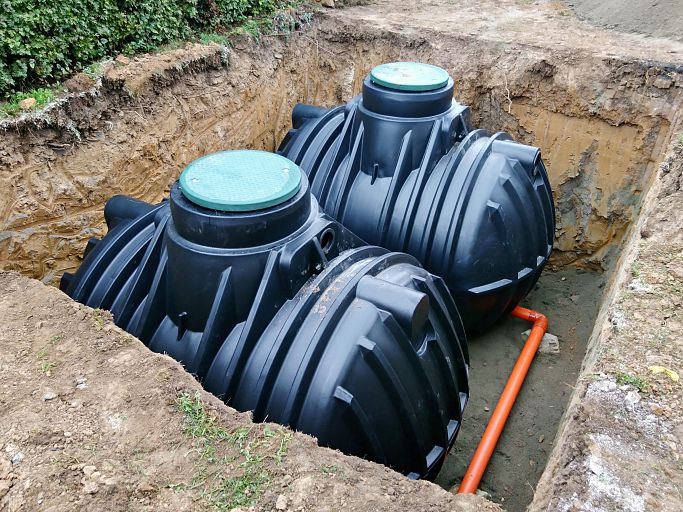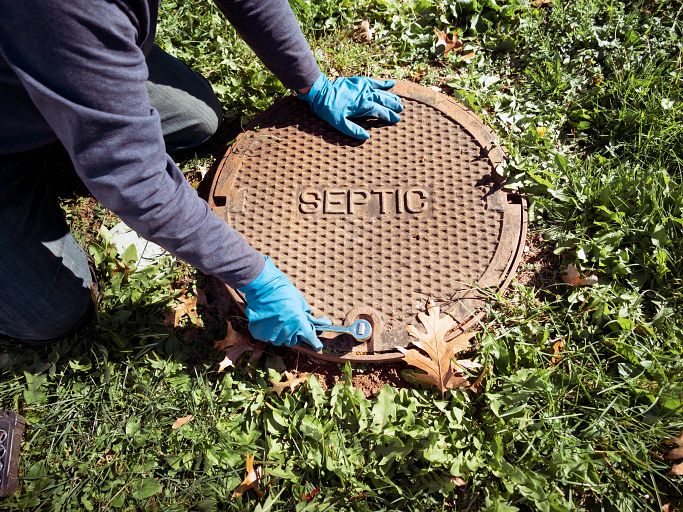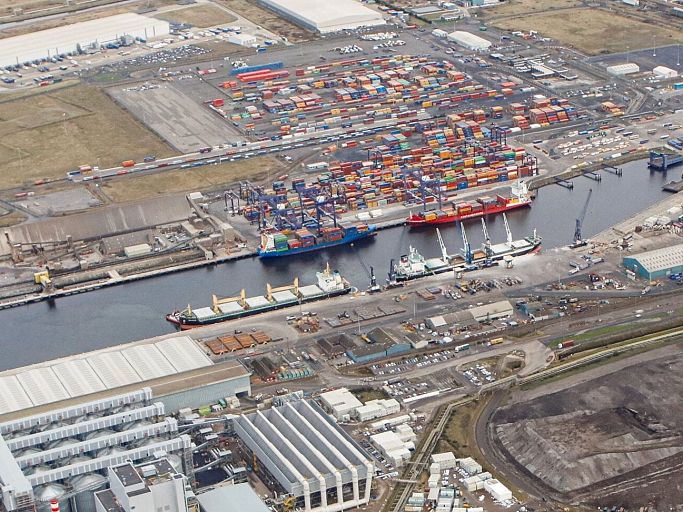- Oil
- Diesel
- Petrol
- AdBlue
- Water
- Sewage
- Hot Water Cylinders
-
Brands
- New Releases
- In Stock
- Sale
- Best Sellers
- Fuel Tank Hire
- More
-
Services
Understanding sewage management: Tanks and systems
15th July 2024 in sewage
Author: Jack Dunn
Sewage management is a crucial part of modern infrastructure. It involves collecting, storing, treating and disposing of waste generated by households and businesses, and it ensures the hygiene of urban and rural environments. Effective sewage management is very important as it prevents contamination of the environment and protects public health, as well as preserves precious water resources. At Tanks R Us we supply a range of equipment which will integrate into any sewage management system – from effluent storage tanks to essential accessories.
Introduction to Sewage Management
-
What is Sewage?
Sewage (often referred to as wastewater) is water that includes human waste, food scraps, oils and soaps and so on. Down beyond that, the basic components of these materials include organic matter, pathogens, nutrients and chemicals. Therefore, proper treatment and disposal of wastewater are absolutely vital as a method of preventing potential pollution and health hazards.
You may also have heard the terms ‘blackwater’ and ‘greywater’ used when talking about sewage. Blackwater is the wastewater from bathrooms and toilets that contains faecal matter and urine. Water from kitchens and dishwashers are also considered blackwater due to contamination by pathogens and grease. Greywater is the water waste from such activities as showering, having a bath or doing the laundry.
Sewage Tanks: An Overview
Sewage tanks are integral to the sewage management process, as they provide storage and treatment solutions for wastewater. These tanks come in various forms, including septic tanks, effluent tanks and sewage treatment tanks, each of which is designed to handle a different aspect of wastewater management.
-
Effluent Tanks
Effluent tanks are used to store liquid waste (also known as effluent) that is the byproduct of sewage treatment processes. Effluent tanks play a crucial role in separating solids from liquids in the wastewater, allowing for the more manageable disposal of, or further treatment of, the liquid. Effluent tanks are often used in conjunction with septic tanks and sewage treatment plants.
- Material: Effluent tanks are typically made from durable materials such as polyethylene or fibreglass, which ensure longevity and resistance to corrosion.
- Capacity: Effluent tanks are available in various sizes to accommodate different volumes of wastewater. At Tanks R Us we stock effluent tanks of various sizes, ranging from approx. 700 litre up to larger capacities such as 4,500 litre.
- Maintenance: Effluent tanks require regular emptying and cleaning to maintain their efficiency, as well as ensure the prevention of blockages.
Effluent tanks are suitable for residential and commercial properties which do not have direct access to mains drainage and/or civic sewage systems. They are highly suitable for temporary installations - on building and construction sites, or at public events such as festivals and rural gatherings (e.g. village or town fetes).
-
Sewage Treatment Tanks
Sewage treatment tanks are a bit more complex than effluent tanks as they incorporate mechanisms to treat the wastewater on-site. Sewage treatment tanks are designed to reduce the environmental impact of sewage by breaking down organic matter, removing pathogens and treating chemicals and nutrients. They’re perfect for use in a variety of scenarios including glamping sites and in rural areas.
Types of Sewage Treatment Tanks
- Primary: These tanks separate the solid waste from the liquid, allowing it to settle at the bottom of the tank.
- Secondary: This type of tank employs biological processes – in other words they use bacteria and other microorganisms to break down the organic matter in the effluent.
- Tertiary: This type of sewage tank provides additional treatment which removes the remaining contaminants (such as nitrogen and phosphorus), ensuring that the effluent is then safe for discharge or reuse.
Though there are challenges involved in having sewage treatment tanks and systems, including the initial installation cost and the need for regular monitoring and maintenance, sewage treatment tanks have many advantages, including:
- Contamination: The risk of groundwater contamination is reduced.
- Sustainable: A solution for wastewater management in remote areas.
- Integration: Can be integrated into existing infrastructure with relative ease.
Effluent tanks and sewage treatment tanks each play specific roles in the management of sewage. They can be supported with the use of accessories to enhance their functionality. By understanding and utilising these tanks, systems and accessories, we can contribute to a healthier and more sustainable world as well as deal efficiently and more cleanly with our sewage. Contact us at Tanks R Us to discuss the sewage equipment we have available, and what it can do for you.
One of the largest selections of tanks in the UK
Chat online or call us today on 01469 531229
Related Products
More Articles

What’s the Difference Between a Septic Tank and a Sewage Tank?
22nd September 2022 in sewage

Why does your business need a sewage treatment tank?
14th August 2023 in sewage

Tank Hire: An Introduction and Case Study
3rd October 2023 in oil

Effluent Tanks & Sewage Treatment Tanks: What’s the Difference?
7th December 2023 in sewage
Help
About Us
My Account
Newsletter Sign Up
Inspiration direct to your inbox, please enter your email below...
Help About Us My Account
© Tanks R Us. All rights reserved. Registered in England. Registration number. 05804332. VAT number 364402764
Designed and produced by Kal Group -